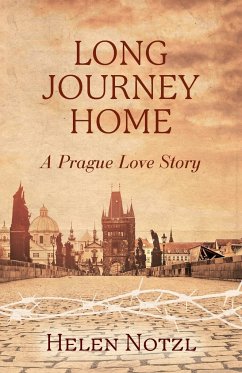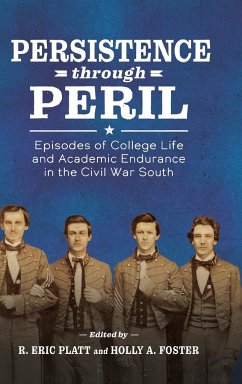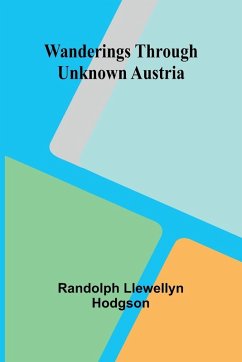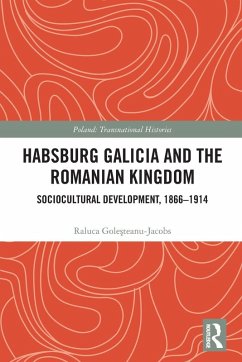Nicht lieferbar
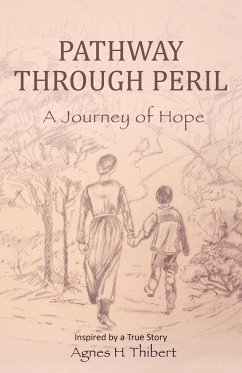
Pathway Through Peril: A Journey of Hope
Versandkostenfrei!
Nicht lieferbar
For the colonies of Mennonites living in the fertile, prosperous part of Russia known as the Ukraine in the early twentieth century, life was idyllic. Paradise, some called it. The moderate climate, lush fields of grain, abundant orchards and steppes of waving grass, afforded them a comfortable, and for some even wealthy life-style. Their belief in non-resistance was never challenged, and no distant sign of turmoil intruded itself into their awareness; the future looked endlessly bright and sunny. It all changed with the beginning of WW1, the Russian Revolution and Civil War. The fictional Sch...
For the colonies of Mennonites living in the fertile, prosperous part of Russia known as the Ukraine in the early twentieth century, life was idyllic. Paradise, some called it. The moderate climate, lush fields of grain, abundant orchards and steppes of waving grass, afforded them a comfortable, and for some even wealthy life-style. Their belief in non-resistance was never challenged, and no distant sign of turmoil intruded itself into their awareness; the future looked endlessly bright and sunny. It all changed with the beginning of WW1, the Russian Revolution and Civil War. The fictional Schroeder, Boldt and Lentz families are caught in the middle of warring factions which range back and forth over their peaceful villages, bringing destruction, famine, disease and death to their door. Also caught in the strangling net of revolution is Ivan, a young Russian orphan whose future rests in the hands of someone he has never known. One question faces them all: should they stay... or venture into an unknown future in a foreign land?...




